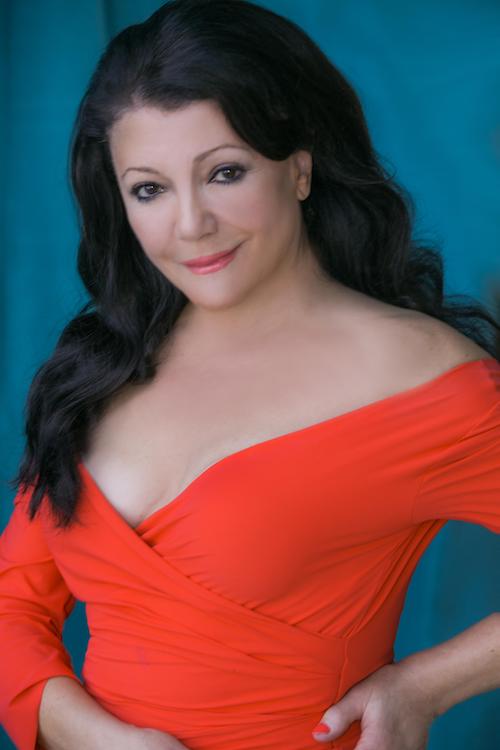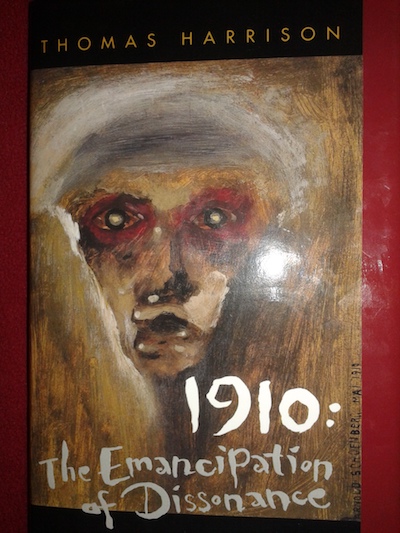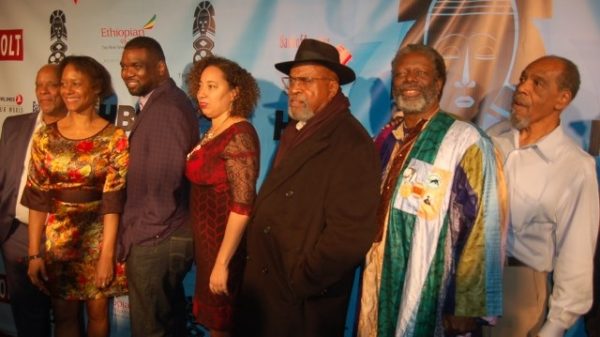TIM, Immigrant Experience, Heritage, Aliza Akhtar Maqbool
About The Author: Aliza Akhtar Maqbool is studying for her Masters in Journalism at the Harvard Extension School. She received her BA from Bennington College with a year abroad at the London School of Economics and Political Science. Ms. Maqbool worked at the New York City Bar Association before taking up a career in Pakistan as a host for various TV shows. Originally from Pakistan, Ms. Maqbool now lives in Atlanta with her husband, Khurram, and her three-year-old son, Ashaz. She enjoys traveling and trying new foods (both eating and cooking). Her interests range from human rights to home decor and she writes on related issues on her blog www.wisevibes.org. She can be contacted at aliza.akhtar@gmail.com.
NORCROSS, Ga. The cars are lined up on the cracked and uneven driveway and some on the street. Relatives have gathered in the Ahsons’ modest living room awaiting their annual breakfast feast. Zainab Ahson is in her kitchen preparing the meal with freshly cut goat meat — so fresh, it’s probably still warm. The meat is arriving from her backyard and her husband, Kamal Ahson, is the butcher today.
“We have to revive this tradition — it’s dying,” said 57-year-old Kamal, referring to the practice of personally sacrificing select animals in observance of the biggest Muslim holiday of Eid-ul-Adha. Kamal requested that the family’s real name not be used to protect them from scrutiny for performing the ritual at home. Originally from Pakistan, he is one of a small but growing number of household heads in the United States who perform the ritual themselves. Kamal said he knows “at least 10 other families”, just in his circle, who perform the ritual themselves.
A bearded and soft-spoken Kamal said that performing the ritual with your own hands has a greater spiritual recompense than delegating it to a Halal butcher or paying money in lieu of it. But mostly, he fears that if he didn’t practice this tradition at home his son may eventually not associate with the holiday, “When he grows up he might not even send money for it thinking it’s a waste but if he sees me do this every year he will continue to do the same,” said Kamal, speaking in his native Urdu.
 However, Haider Ahson, now 17, who has been helping his father for the past few years, “doesn’t wanna deal with it” when he’s older and he’ll just “get it cut up at the slaughter house.” He can’t stomach eating the meat he sacrificed himself, “I don’t wanna see it — just eat it,” said Haider. But he firmly believes in the ritual as something that “should be done.” Haider’s 15-year-old hijab clad sister, Mariam Ahson, loves this holiday, “It’s a glorious family tradition (which is) always held at our house,” she said. But she can’t eat the sacrificed meat either, “I can’t eat something I’ve seen alive,” said Mariam.
However, Haider Ahson, now 17, who has been helping his father for the past few years, “doesn’t wanna deal with it” when he’s older and he’ll just “get it cut up at the slaughter house.” He can’t stomach eating the meat he sacrificed himself, “I don’t wanna see it — just eat it,” said Haider. But he firmly believes in the ritual as something that “should be done.” Haider’s 15-year-old hijab clad sister, Mariam Ahson, loves this holiday, “It’s a glorious family tradition (which is) always held at our house,” she said. But she can’t eat the sacrificed meat either, “I can’t eat something I’ve seen alive,” said Mariam.
Eid-ul-Adha commemorates a significant event mentioned in the scriptures of Jews, Christians and Muslims. The Koran states that God had commanded Abraham to sacrifice his son, Ishmael. But when the moment of sacrifice came God stopped Abraham (who, along with Ishmael, had proven his obedience and willingness to God’s will) and commanded Abraham to sacrifice a ram instead. Eid-ul-Adha also marks the culmination of Hajj, an annual pilgrimage to Mecca where three to four million Muslims gather every year. “All the rituals of Hajj are symbolic of this (Abraham-Ishmael) story,” said Kamal.
Owner of a security camera installation business, Kamal said, “the best goat must be chosen” because “it is for Allah.” He said that the goat has to be a fit and healthy adult and it can easily be bought at a farm in Georgia, “A lot of white farmers know about our tradition,” said Kamal. Zainab explained that the meat has to be divided into three parts, “…for neighbors, relatives and the poor; you can even give to non-Muslim neighbors,” she said.
Addressing the concern of having a makeshift slaughterhouse in his backyard for a day, Kamal said, “I have a legal document from a doctor friend, who obtained it from the county, saying that it is legal to slaughter animals in your backyard for personal use.” He added that none of his neighbors have ever complained either.
“I know some people think it’s barbaric but it’s not — it’s a tradition…it must be done,” said Mariam while helping her mother serve the breakfast feast.
Note: The writer is part of the Muslim community and also related to the Ahson family by marriage. She has been observing the holiday at the Ahson household for the past few years.
Eid-ul-Adha was celebrated on October 4th in 2014. The Islamic calendar is based on the lunar calendar and therefore Eid-ul-Adha is expected to fall on September 24th in 2015.











